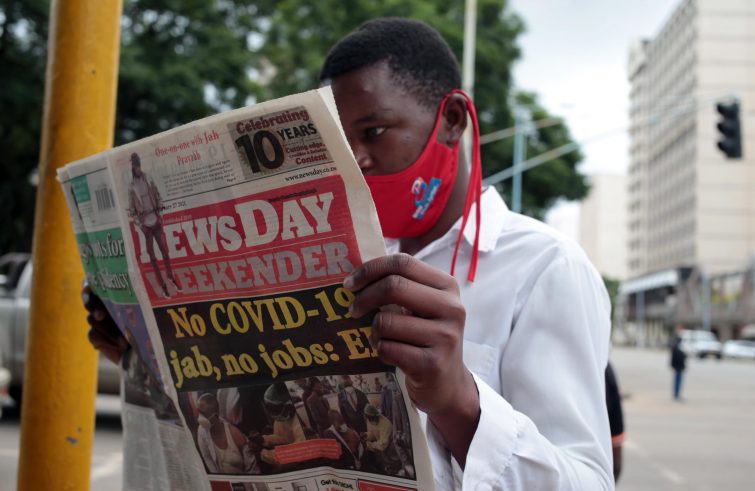
More often than not, health emergency reports created a sense of disorientation among the general public: overflowing, occasionally fear-mongering, sensationalist and/or inconsistent news stories, frequently unverified and coupled with misleading fake news.
The most blatant example is perhaps that of Vaxzevria, the AstraZeneca vaccine. This vaccine, initially excluded for the most vulnerable groups because of its lower degree of effectiveness compared to Moderna and Pfizer, and therefore recommended for young people, was withdrawn for a few days after very rare reports of thrombosis, and subsequently recommended for people over 60. Despite these indications, it was eventually administered to youths for vaccination “open days”, until the tragic death of an 18-year-old girl in Liguria. Hence the Italian Medicines Agency’s recommendation that under-60s who received a first shot of AstraZeneca should have their vaccination cycle completed with Pfizer or Moderna vaccines. Finally, the Ministry of Health Circular now provides for the possibility, for people under 60 having received the first shot of AstraZeneca and refusing the booster shot with a different vaccine, to complete their vaccination cycle with Vaxzevria, following consultation with a physician and the signing of an informed consent form. We broached the issue with Mariagrazia Fanchi, head of the department for Higher Media Studies, Communication and Entertainment (ALMED) at Cattolica University, which promoted an innovative Master’s degree course in Health Communication in collaboration with the department for Health Systems Economics and Management (ALEMS) for the academic year 2020-2021.
 Professor, the pandemic exposed a number of criticalities in the area of communication, although it also highlighted its central role in successful emergency management.
Professor, the pandemic exposed a number of criticalities in the area of communication, although it also highlighted its central role in successful emergency management.
This issue is not limited to health communication; however, the Covid epidemic was definitely a powerful amplifier of the problems inherent in the information process. Problems but also opportunities. The AstraZeneca controversy exacerbated them in the public arena, but it should be noted that health communication – notably on new drugs and vaccines – normally only reaches the general public after prolonged trials, and by the time it reaches its target audience it is a proven scientific finding. Never before have we been confronted with a process that, in terms of complexity and ambivalence, is the norm for doctors and for chemists and biologists working in laboratories. In short,
the unvarnished behind-the-scenes footage was revealed to us for the first time.
We also saw a divided scientific world that disoriented public opinion.
The world of scientific research is a dialectical arena in which differing opinions are debated, even in a passionate manner. However, doctors, virologists and other experts have frequently failed to realise that dynamics and attitudes which are normal within a group of scientists could cause a widespread feeling of disorientation, especially when it comes to protecting people’s health. Yet this experience has taught us a few things.
Such as?
These past months have unequivocally confirmed what we have been aware of for a decade at least, namely that public health is a prime example of a public good, and this must be clearly understood by policy-makers, who are required to guarantee it through comprehensive measures and coordinated action revolving around local authorities and hospitals, including scientific research. It has also taught us that
communication is the first and fundamental guardian of personal and collective health and well-being.
Indeed, reliable information is what enables citizens to gain full awareness of the risks and good practices involved in safeguarding their own health and that of others.
Yet it is increasingly difficult for citizens to navigate their way through a deluge of frequently unverified and fake news…
This is true. The COVID-19 pandemic has evidenced the changes in news dissemination processes, highlighting the need for accurate, responsible and participatory information, based on the assumption that today’s news-making processes are no longer top down but network-based systems. Journalists are now required to possess an ever-increasing degree of expertise, a task that is almost overwhelming in a rapidly unfolding crisis scenario, requiring ongoing updating and thus affecting working patterns and pace. It is equally necessary to master a wide variety of languages due to the multitude of communication channels. For the first time in history, news coverage reached everyone.
How would you describe this?
During the second lockdown period we ran a survey which showed that for the first time even primary school children were provided with direct information via dedicated channels, not filtered by their parents. This calls for developing entirely new skills and communication languages designed to reach different audiences in real time. Then there is a second level.
Which is…?
The one that concerns doctors and experts expressing conflicting opinions on television, sometimes as indisputable facts. This is where the responsibility and sensitivity to the potential impact of this type of communication on people unaware of the rhetorics characterising internal discussions of the scientific community comes into play. But in my opinion there is also a further element.
What are you referring to?
There is an ethical dimension underlying communication, which rests on the very etymology of the verb, and which we have somewhat lost.
Recovering the ultimate meaning of communication – i. e. sharing, providing a service to others in which I am not the protagonist, but the person I am addressing, asking myself whether he or she has the skills to appreciate the content of the message – would certainly stem the drifts we have witnessed in the last months.
You previously mentioned participatory communication…
The more institutional communication grew overloaded, especially during the first lockdown, the more micro-networks emerged, often via instant messaging platforms such as Telegram and WhatsApp – acting as a forum for the creation and filtering of information profiled according to local contexts and micro-communities. While this is a positive process per se, it raises the issue of education as a matter of urgency. The micro networks operated by brokers – a term that defines those responsible for ‘sorting’ information, not necessarily experts, but whose filtering capacity plays a fundamental role in the development of shared knowledge – may or may not have been successful.
So what is the best strategy for providing reliable, credible, clear and, in short, effective information?
It requires measures to be taken at the various levels previously mentioned. On the first level – the actors institutionally charged with producing and managing information – it is necessary to invest additional resources.
Quality information is critical to the sound performance of society as a whole.
The second level, i.e. responsibility, involves all citizens required to participate in the information process. This is no time for unpreparedness: it is important to be alert, aware of the consequences of our actions and hence, responsible. The third level involves informal education, which must start from primary school, rather than university, where digital citizenship must be introduced, a subject that can no longer be ignored as it is a growing phenomenon.
How can we defend ourselves against fake news?
We know that fake news can hardly be eradicated from a top down perspective. Rather, it is necessary to ride the wave, starting from grassroots level, where fake news is often fabricated, sometimes unknowingly, but frequently artfully, and instil the antibodies enabling their identification and subsequent removal. This must be done as soon as possible. Youths under the age of 20-25 are the most proficient when it comes to fact-checking.









